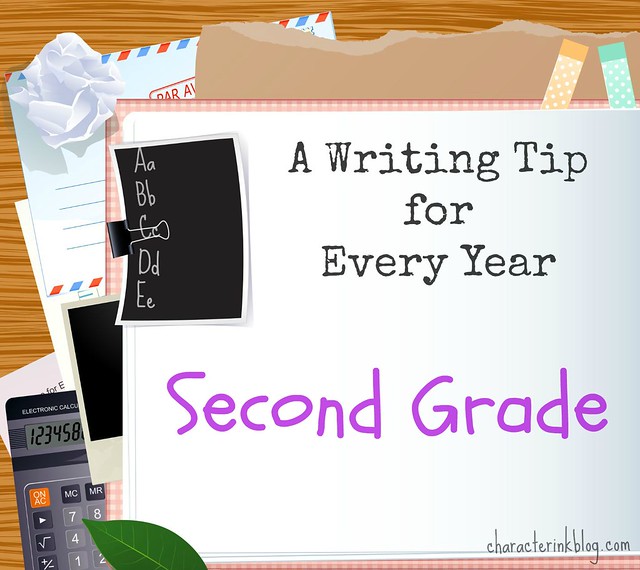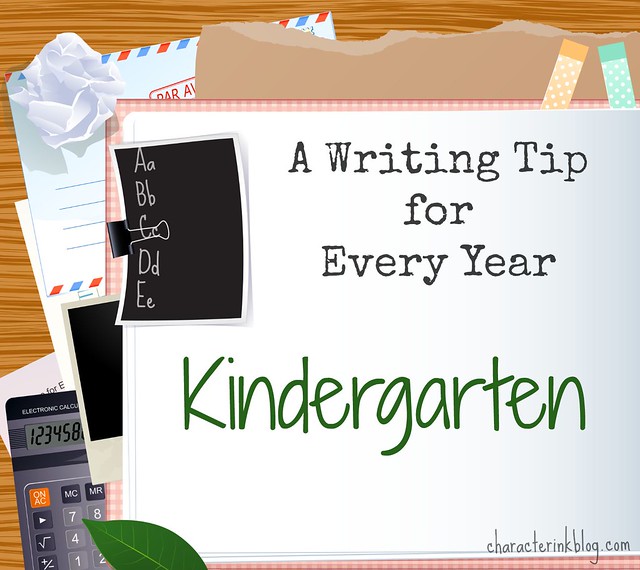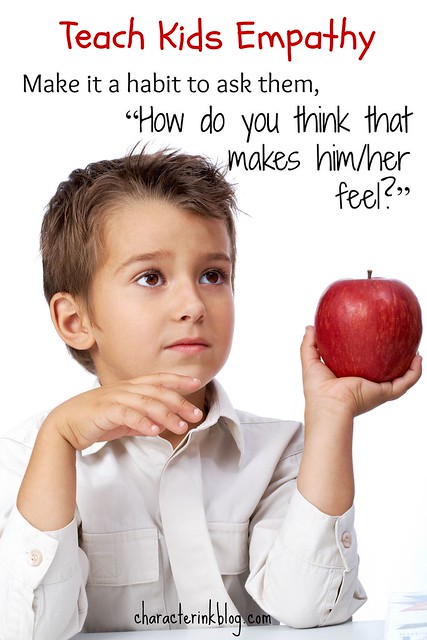by Donna | Oct 5, 2015

Second Grade: Pen for your student for as long as necessary.
Children often think they cannot write because they do not have the penning skills to compose sentences or paragraphs or the spelling skills to spell the words they want to use. Right off the bat, the young child grows to dislike writing. He feels inadequate (and thus, the many “I don’t know how to write” or “I’m bad at writing” mentalities of this age group).
Usually a child’s creativity and thinking processes are way above their small motor and spelling skills. That is, a child can think (and orally compose) way above what he can write (spelling-wise and writing mechanics-wise) or spell (encoding; just because a child can “decode”—sound out words—does not mean he can ‘’encode”—spell the words). This is where penning for your student (especially for dyslexic/dysgraphic ones and/or “late bloomers”) makes the difference between your child seeing himself as a writer or as a student who is “behind.”
(more…)
by Donna | Sep 29, 2015

Fifteen years ago I began writing my complete language arts program for second through twelfth grade students (what is now Character Quality Language Arts, CQLA). I based that program, loosely, on six programs (language arts, editing, writing, vocabulary, spelling, etc., programs) that I had been using for a dozen years with my older children. I wanted to take all of the best “part language arts” books and put them together in one. And I did that!
(more…)
by Donna | Sep 28, 2015

First Grade: Don’t rush “writing” when a child is learning to read.
I haven’t taught first grade in ten years. I have missed teaching a child to read—so much that I have actually considered trying to get some hours at a tutoring center just to be able to teach beginning reading again. (I know; I’m a hopeless romantic when it comes to teaching!)
Notice this tip is in the first grade paragraph—not the kindergarten one. My children learned to read in first or second grade (okay, um, two in third).
(more…)
by Donna | Sep 21, 2015

I have loved teaching writing and language arts to nearly a hundred students a year for the past fifteen years (started out with eight students!). Through that process, as well as through writing fifty thousand pages of curricula, books, blog posts, and more over the past fifteen years, I have learned so much about teaching writing—and also about the expectations and goals that we have for students at various levels. Sometimes these expectations are extreme, but sometimes they are not adequate. In this series, I hope to give you an *encouraging* writing tip for each grade level. Keep in mind that I am talking here about the act of writing/creating/composing, not the act of penmanship (or even spelling). Here we go…
(more…)
by Donna | Sep 19, 2015
A couple of days ago I wrote about how to teach your kids NOT to apologize based on The View’s apology to the beauty pageant nurse. In going through the steps to teach your kids what to do and not do in apologizing, it was uncanny how many things the co-hosts on that program did in the “what not to do when you apologize” list.
There are many formulae out there for teaching the apology, and most of them are correct as they focus on the basics:
(Download this poster here)
 (more…)
(more…)
by Donna | Sep 18, 2015

How many times have we heard “It isn’t my fault”?
Or “He did it first”?
Or “I only did that because he did this to me…”?
While some of that will always be a part of raising more than one child in a home, as parents our focus should be on getting the whole “never my fault” mentality out of our children by the time they are grown. And replace it with responsibility for actions, empathy towards those they might hurt, and humility in admitting guilt. (more…)









